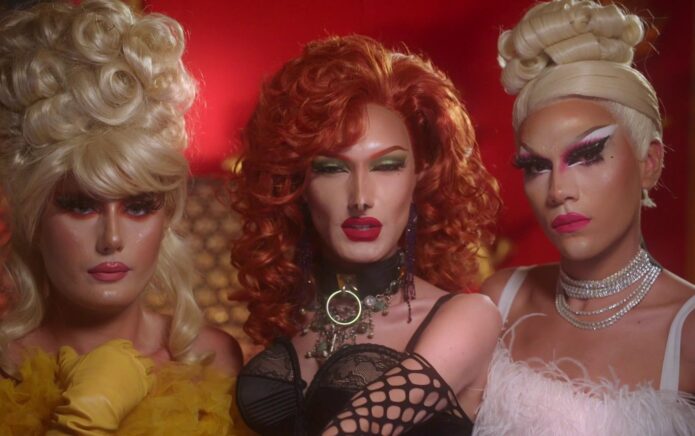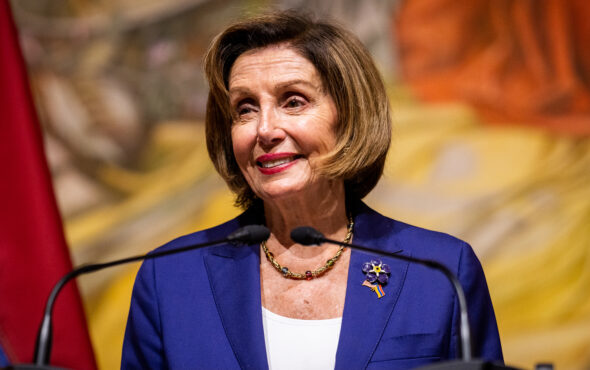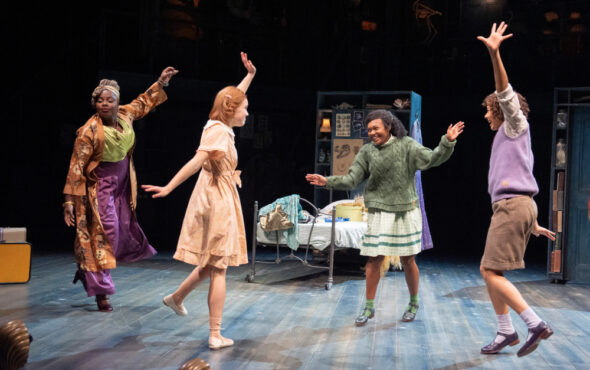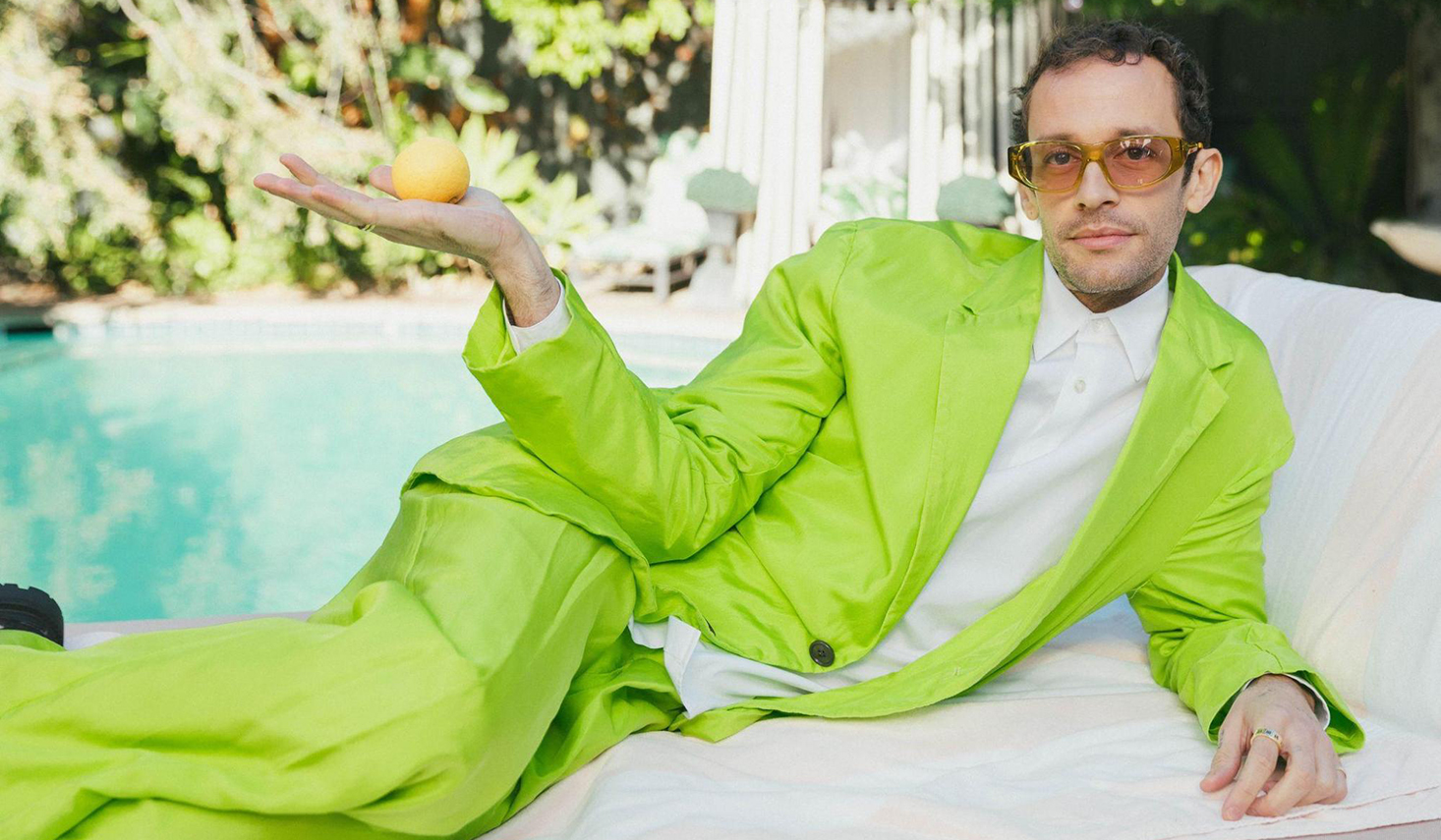
“In the past I’ve called myself an ‘accidental activist’,” says Wrabel, one of this year’s Miami Beach Pride main stage performers. Speaking to GAY TIMES just a few days before he delivered a heartfelt set to the event’s packed out crowd, he explained why he has always found it so important to advocate for the LGBTQ+ community publicly: “I think, not to be like, overly dark, but I never thought that I would make it out of the closet alive. It was a really difficult thing for me, as it is for so many. So, I think, sort of because of that, I never allow myself to forget that feeling and what it feels like to think you’re the only person in the world going through this and that there’s no light at the end of the tunnel.”
Since emerging onto the scene in the early 2010s, Wrabel has appeared on fan favourite tracks such as Resentment with Kesha, Brian Wilson and Sturgill Simpson, as well as 90 Days with P!nk. He says he still has “a hard time believing” he has worked with such icons and he tries “to never lose the awe and the gratitude” for having these kinds of opportunities. Just last year, he released his debut album ‘these words are all for you too’, which he describes as “a culmination of 10 years of life and 10 years of work” that took several different forms throughout the last decade.
Despite the atmosphere at Miami Beach Pride being one of community and hope, this year’s event took place against a backdrop of anti-LGBTQ+ legislation advancing across the US. According to the Human Rights Campaign, there have been more than 540 anti-LGBTQ+ bills introduced across 34 states this year alone – something Wrabel says is a reminder of why Pride is so important to the community. “It’s disheartening, but at the same time, going back to that sense of celebration, that sense of a fight, we as a queer community, we’re going to show up and we’re going to be there regardless and we’re going to fight regardless,” he continues. “It makes me more, ‘excited’ is definitely the wrong word, but it makes these events so charged with such beautiful energy just reminding us that we’re there for a reason and we’re there to share ourselves, to celebrate each other and fight for each other and to really, you know, link arm in arm and hand in hand with the queer community, as well as allies.”
Here, Wrabel talks to GAY TIMES about his music, the importance of Pride and what it was like to work with icons like Kesha and P!nk.
Your new album came out last year, what can you tell us about it?
Yeah! It’s my first album, which is kind of crazy to me. It took me, you know, about 10 years to finally get it out which was quite a feat and a journey. But yeah, it’s kind of a culmination of 10 years of life and 10 years of work, really. I’m so happy, I had plenty of resentments and bitterness over how long it took and the process that led me there, but it really ended up being such a positive thing and I’m so proud of it in a way that, you know, had it come out the first time I thought it was going to 10 years ago, I don’t think it would have been what it became. I think I was able to really pick, not just the best, but the most special moments and stories to share and I’m just so proud of it.
You’ve always spoken out in favour of the LGBTQ+ community be it through interviews or your music. Why is it so important for you to use your platform for that in the way you do?
Yeah, you know, in the past I’ve called myself an “accidental activist”. I think, not to be like, overly dark, but I never thought that I would make it out of the closet alive. It was a really difficult thing for me, as it is for so many. So, I think, sort of because of that, I never allow myself to forget that feeling and what it feels like to think you’re the only person in the world going through this and that there’s no light at the end of the tunnel. And, so, I sort of feel like we’re all given some sort of platform. Some people that have changed my life in the biggest ways did so just by being themselves, it’s not even necessarily with a megaphone or a sign or a celebrity or something like that. It’s just simply by being yourself, you can change the world around you, so I have tried to take that on and at the same time, I say “yes” to pretty much anything that supports the queer community because I just feel like it’s the most important thing I can do with any platform that I am lucky enough to have.
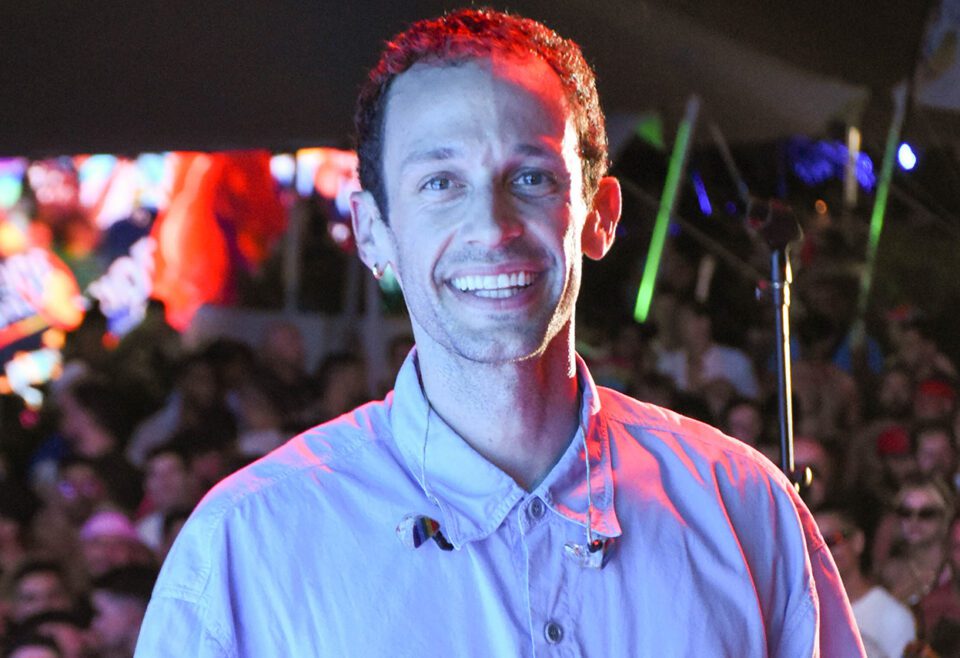
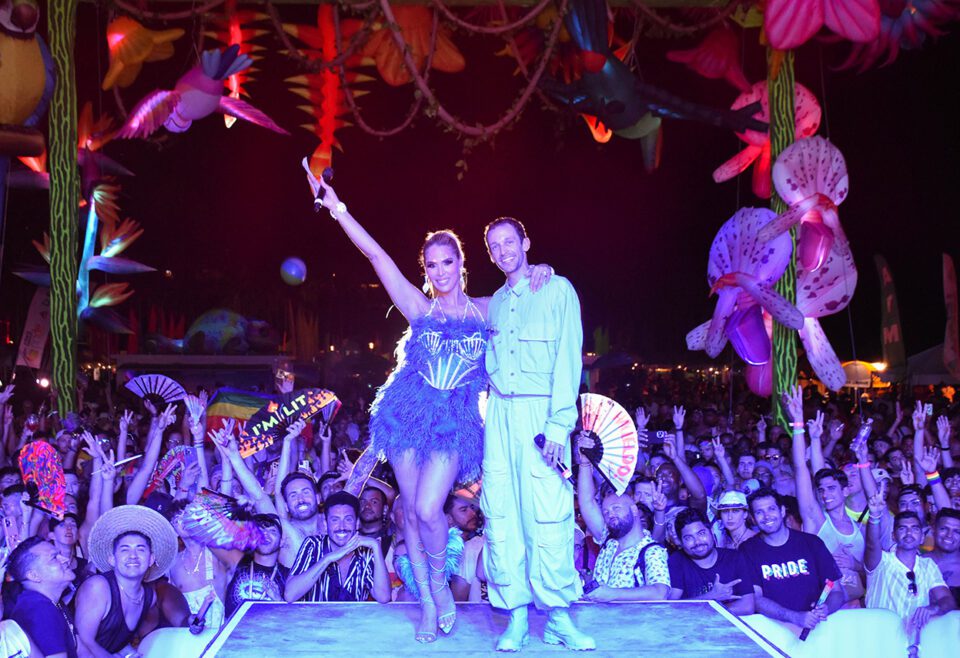
You mentioned the feeling of fearing you may not make it out of the closet, but fortunately you have made it to where you are now. What would your message be to younger LGBTQ+ people in that place now, particularly those who are feeling distressed given the wave of anti-LGBTQ+ legislation we are seeing in the US?
My biggest message really is that we’re not alone. I think it’s so easy to feel alone and I know what that feels like in many ways and many people, especially within the queer community, know what that’s like. I think my biggest message is usually that you’re not alone and that there really is light on the other side and we’re all here. I just played a benefit event in Nashville called Love Rising, kind of in response to the drag ban and the night ended at Bridgestone Arena with 16 drag queens on stage singing I’m Every Woman and I had goosebumps and tears in my eyes. I think the queer community has this really unique and really beautiful way of, even when we’re doing something in protest, it’s a celebration and we bring joy and we bring celebration of each other, of ourselves, and that to me feels like a really unique thing and a really beautiful thing. I was standing there looking around Bridgestone Arena in Nashville, Tennessee and seeing all these beautiful people and beautiful drag queens on stage sharing this moment. In spite of everything, it’s a celebration and, even when we’re pissed and we’re fighting for something, that really struck me and I think that’s a really beautiful and unique thing.
Miami Beach Pride is going ahead in full force and the atmosphere here is incredible, but it’s hard to ignore the anti-LGBTQ+ push coming from Republicans. What has been your reaction to the bills being introduced in Florida which target the community here?
It’s difficult. I think it’s really difficult to feel like progress that has been made can disappear in a moment. I do feel like there are people on both sides that don’t agree with what’s happening and I think it’s unfortunate that someone in a place of power can just dictate something that may not even represent the great world. It’s disheartening, but at the same time, going back to that sense of celebration, that sense of a fight, we as a queer community, we’re going to show up and we’re going to be there regardless and we’re going to fight regardless. It makes me more, ‘excited’ is definitely the wrong word, but it makes these events so charged with such beautiful energy just reminding us that we’re there for a reason and we’re there to share ourselves, to celebrate each other and fight for each other and to really, you know, link arm in arm and hand in hand with the queer community, as well as allies. We need everyone on deck, all hands on deck.
Why do you think Pride is still such an important thing for the LGBTQ+ community?
I think because it’s ours, very simply. I think it’s a beautiful and powerful and important thing to have a reminder and to not only just have it exist in, you know, Pride Month once a year, but to carry that throughout the year and to carry that throughout our lives. And by simply being yourself, you really can change your workplace, or your social circle, or by sharing your story I think you really can change hearts and change minds. I’ve seen it in my own life, I’ve seen it in people close to me. So, I think Pride in particular gives us the opportunity to really all come together. I grew up in the church and have since left, or was kicked out rather, but I think it offers a similar sort of space where we’re all coming together for the same cause and for togetherness and, again, to celebrate as well as to fight. I think it’s this beautiful time to really reflect on the queer experience and to reach out. I always think of the first Pride I went to and I was so overwhelmed in the most beautiful way of like, wow look at all these people, I see myself in all these people. Having the visibility of that and having the togetherness of that can change someone’s whole life, can open their eyes up to like, I’m not alone, look at all those people.
And then, to circle back to your music, you’ve worked with some amazing artists like Kesha and P!nk who are both beloved by the LGBTQ+ community. What has working with icons like them been like and can we expect more collaborations like these in the future?
I hope you can! I personally have a hard time believing any of this. Any time I get on a call and someone reads off something I’ve done, I’m like, ‘Oh my gosh, I can’t believe I did that’. I just feel so lucky. I kind of carry with me this childlike, almost naivety, and just awe, I try to never lose the awe and the gratitude. I just feel truly so lucky to get to do this occasionally with people I’ve looked up to quite literally my whole life. It’s never normal, it never feels normal, I never want it to feel normal, but I really am so grateful.
You can listen to Wrabel’s debut album below or by clicking here.
